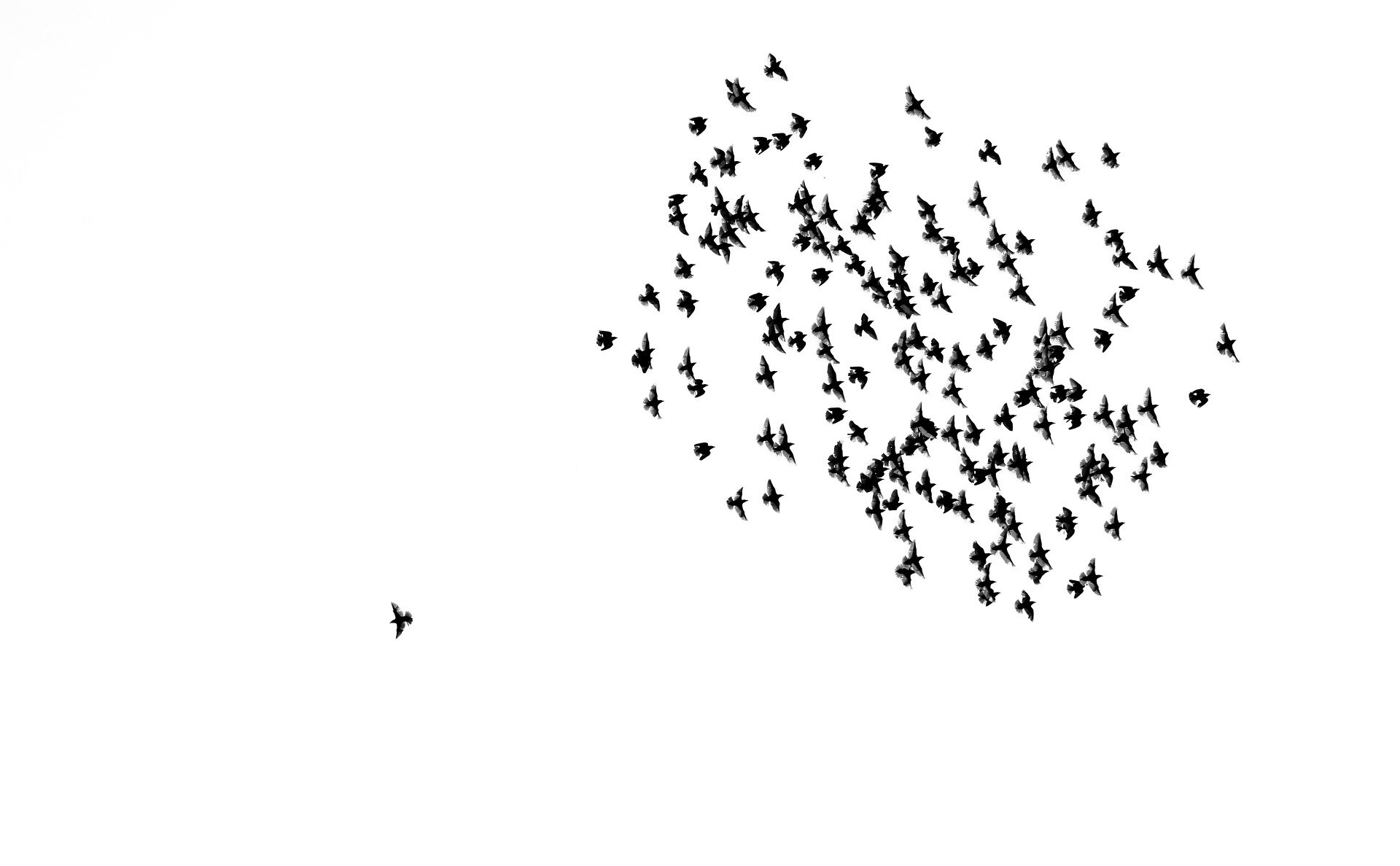Insights archive
Red Pony is a team of writers, editors, Microsoft Office template developers and communications trainers. We have been writing about our areas of expertise for over a decade in our Red Pony Express newsletter.
This collection features the best articles from the last 10 years.

‘I do’ and other performative utterances
Language allows us to put words to the world we see around us, but on special occasions words can do more.

Red Pony Express marks its 15th year
Back in 2008, my colleague Andrew Eather and I began working on ideas for a newsletter we could send out every couple of months. In the tradition of the television ‘clip show’, I’m going to look at some of our previous articles and the people who wrote them.

Planes, trains and automobiles
While writing a book is private and sedentary, publicising a book is anything but. This is a meditation on planes, trains and automobiles, which many of us will embark upon over the holiday period.

And the word of the year is...
Each year the Macquarie dictionary announces its choice for Word of the Year. The winner, and indeed the shortlist of candidates, offers an insight into the events of the previous 12 months and how our society is changing. 2022 was no exception.

The heredity of royal words
With the Queen’s passing being so present in the news, we’ve all been surrounded by a family of words with an interesting heredity.

The secret life of nursery rhymes
How many nursery rhymes that you know have a dark backstory?

A thousand words: Writing effective image descriptions
Images are a great way to make writing engaging, but are they making your writing less accessible? By providing a simple description of each image using the alt-text field in webpages, Word documents and other digital formats, you can make your content more accessible to users of screen reading software, including people who are blind or have low vision.

Football through the eyes of Coodabeens
For me, one of the primary joys of sport is not just playing or watching it, but also talking about it. As a fan, it seems that getting paid to commentate or write about your favourite sporting code would be a pretty sweet gig.

Cite management
All writing which makes claims based on available information requires citation. To help use citations effectively, it’s important to understand why we use them and how to use citations appropriately in context.

How to interview a subject matter expert
In the previous issue I wrote about thought leadership and offered some tips to help you share your specialist knowledge with others. This time around I want to share some advice for interviewing someone to help draw out their expertise.

Neologisms: language upcycling through the ages
Unsurprisingly, neologisms are often the by-product of a cultural or technological shift. In the case of the pandemic, reactionary linguistic terms spawned rapidly to cope with an intensifying global crisis.

NZ a step closer to making plain language law
The New Zealand Government is looking to pass legislation that will make it a legal requirement to use plain language for official documents and websites. It’s time we did the same in Australia.

How to write a great thought leadership article
Writing an article, web page or blog post where you share your expertise is a chance to provide interested readers with information useful to them, while also building your profile as an expert in your field.

The difference between copyediting and proofreading
When you’re outsourcing a content project, what services do you need and how do you tap into the right level of editorial expertise?

What’s in a place name?
Although many of us remain armchair travellers due to COVID-19 restrictions, the landscape of Australian language is constantly shifting.

Keeping up with language trends
For most Australians, 2020 will be forever remembered as the start of the COVID-19 pandemic. For the language geeks among us, it also marked the launch of 3 new national style guides.

Buzzwords: we love to hate them but what can they teach us?
Buzzwords have a knack for insinuating themselves into collective consciousness. More so than ever during the COVID-19 pandemic where terms such as ‘bubble’, ‘lockdown’, ‘roadmap’ are already so ingrained in our ‘new normal’ that we have come to revere or revile them.

Sign languages evolve just like any other language
The daily COVID update from our national leaders and top health officials has been a feature of this pandemic. We’re now so accustomed to seeing an Auslan interpreter at these pressers it seems strange to think that it wasn’t so long ago that their presence was an exception rather than the norm.

Taking the pain out of annual reports
While your annual report might have to be compiled yearly, that doesn’t mean the same people will be involved each time. Document any lessons from the process that will make it easier next time around for all those involved.

A darker shade of light
Oxymorons are figures of speech that are designed to create a rhetorical effect (e.g. humour, irony, emphasis) or provoke readers to think more deeply about a paradox.
